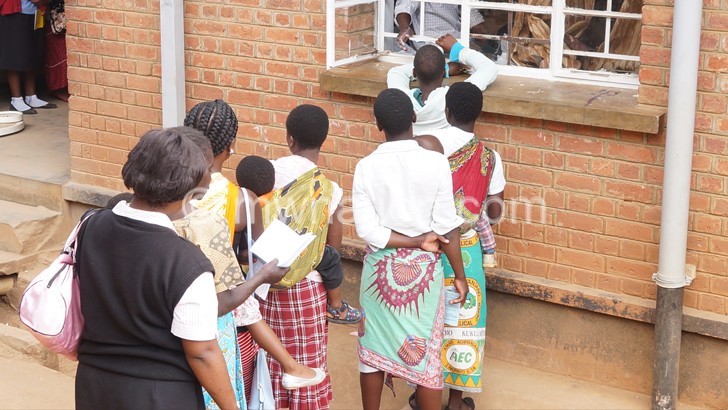Poor planning derails budgets—World Bank
The country’s weak medium-term budget planning has led to challenges in budget execution, disrupting laid out fiscal plans, the World Bank has said.
In its Country Economic Memorandum (CEM) for Malawi, the Bretton Wood institution noted that large and often unbudgeted recruitment in the public service have derailed several budgets in the past.

Similarly, the report said regular public wage increases have been postponed and subsequently made in an unplanned and lumpy fashion, derailing budget implementation in the process.
The report shows that estimates of revenues and grants have been repeatedly over-optimistic and based on unrealistic growth assumptions.
For instance, in the first quarter of the 2017/18 financial year (July to September), central budgetary operations recorded a deficit of K73.4 billion.
It is also during the same period that Malawi Revenue Authority (MRA) has under-collected revenue.
Between July and October this year, MRA has collected K286.1 billion against the target of K305.4 billion, missing the target by about K20 billion.
But Treasury spokesperson Davis Sado said despite the deficit, government still managed to maintain its expenditures within the planned target for the first quarter of the year across all lines of expenditures.
“The fiscal deficit in the [first] quarter came about due to poor performance of revenues and grants. This deficit was financed by borrowing on the domestic market as well as the foreign market,” he said.
Economics Association of Malawi (Ecama) president Chikumbutso Kalilombe, in an interview last week, said there is need to make the budgeting of the revenue side more realistic if the country is to avoid fiscal deficits.
“What we need to do as Malawi is to make budgeting of the revenue side more realistic because we budget for the expenditures on revenue that we expect,” he said.
The report said the country is susceptible to weather-related and other external shocks and several episodes of economic instability have been independent of these shocks, usually on account of weak fiscal management.
This has been evidenced, for example, in budgetary indiscipline, weak expenditure control and slow fiscal response to shocks, according to the report.
In response to external shocks, however, the report notes that in many instances, policy actions either exacerbated the impact of the shock or prolonged it.
Reads the re port in part: “As a response to crisis, government has mostly adopted adhoc expenditure cuts, postponed expenditures and run arrears without making hard fiscal adjustments which hurt future growth or sowed seed for future crisis by building up fiscal pressures.”





